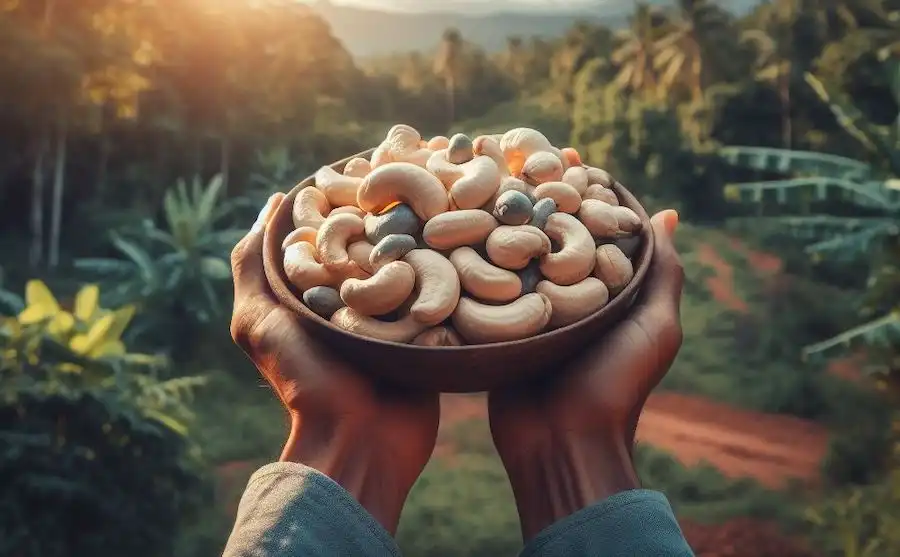The allure of cultivating a cashew tree goes beyond its tempting nuts; it’s about nurturing a resilient, tropical gem that not only bears delicious fruits but also contributes to sustainable agriculture. Delving into the art of growing cashew trees unveils a rewarding journey marked by patience, precision, and agricultural finesse.
Understanding the Cashew Tree
The cashew tree (Anacardium occidentale) is a tropical evergreen that thrives in warm, humid climates, typically found in regions with temperatures above 60°F (16°C). Native to Brazil, this tree now graces landscapes in various tropical areas worldwide.
Selecting the Perfect Spot
The success of cultivating a cashew tree begins with selecting the right location. These trees require well-draining soil with good aeration and prefer areas receiving ample sunlight. Planting in sandy loam or laterite soil types can ensure proper root development.
Planting Cashew Seeds

The journey commences with planting cashew seeds. It’s crucial to sow them at the right depth, around 2 inches deep, ensuring a good water supply without waterlogging the soil. Patience is key; these seeds may take several weeks to germinate.
Caring for Cashew Trees
Once sprouted, young cashew trees demand attention and care. Regular watering, especially during dry spells, is vital. Pruning assists in shaping the tree and maintaining its health. Protecting young plants from pests and diseases ensures their steady growth.
The Waiting Game: Maturation of Cashew Nuts
The anticipation builds as the cashew tree matures. It typically takes around three years for a tree to bear fruit. The magical moment arrives when the cashew nut emerges from the cashew apple, ready for harvest.
Harvesting Cashew Nuts
Harvesting cashew nuts requires delicate handling. The nuts are nestled within a kidney-shaped shell at the bottom of the cashew apple. A careful extraction process involves removing the nut from the shell, followed by drying and roasting to enhance flavor and preserve quality.

Nutritional Benefits
Cashew nuts, renowned for their creamy texture and rich flavor, are also a nutritional powerhouse. They are packed with healthy fats, proteins, vitamins, and minerals, contributing to heart health, brain function, and overall well-being.
Conclusion
Cultivating a cashew tree is a testament to the marvels of nature and human perseverance. From the initial planting to the final harvest, each step unveils the intricate beauty of nurturing these trees. Whether for personal joy, agricultural ventures, or sustainable farming, growing cashew trees offers an opportunity to connect with nature while reaping the rewards of nature’s bounty.
Embark on this journey, and witness the growth of not just a tree but an ecosystem of sustainability and nourishment.
